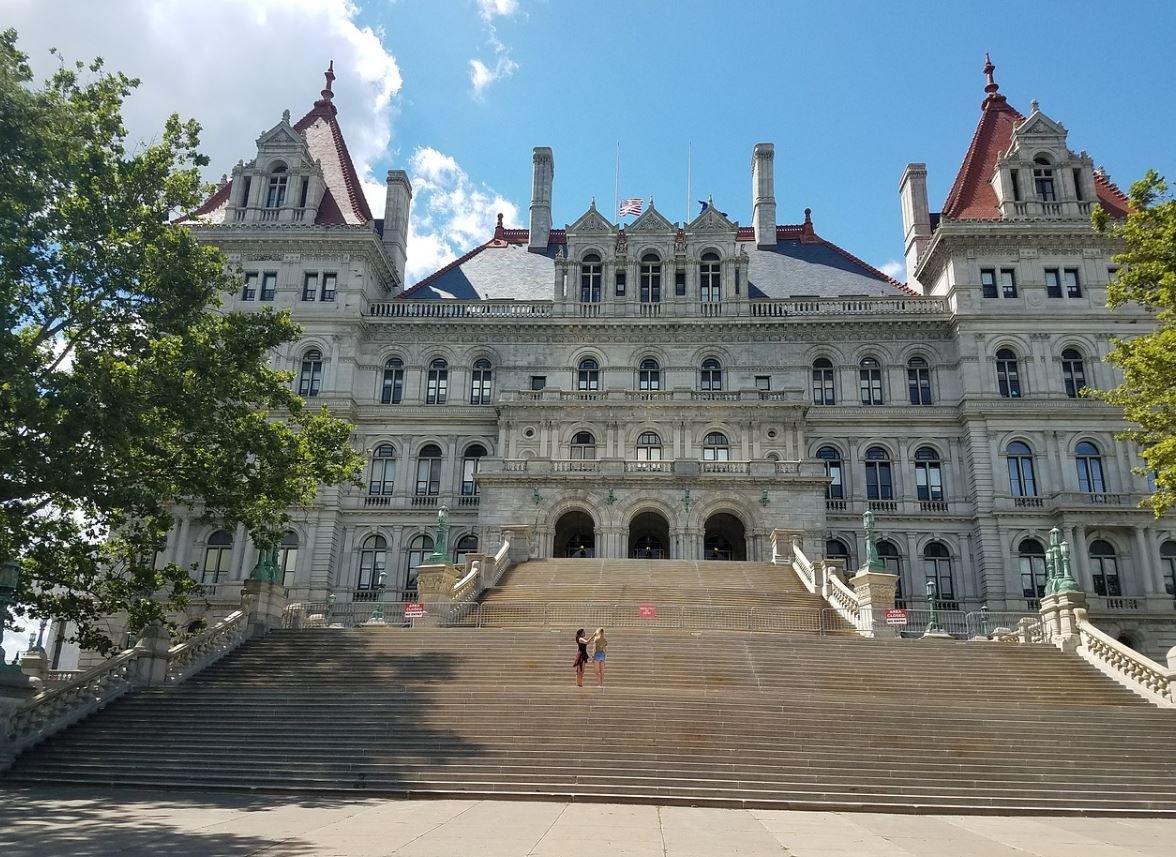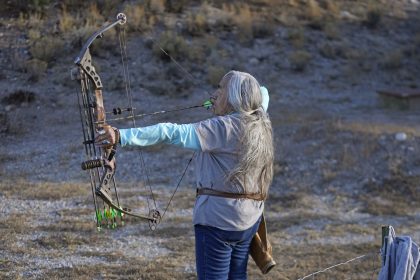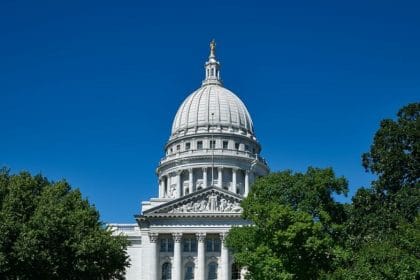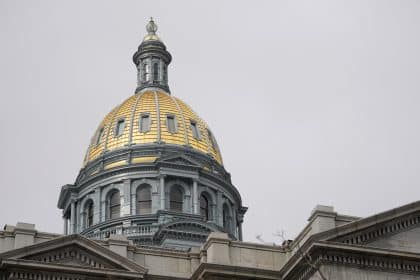New York State Commission on Election Reform Gets Off to Rough Start

A new commission tasked with reforming how New York State runs and finances it elections got off to a rancorous start this week, with members struggling to deal with even the most mundane organizational matters and a fight erupting over how the nine-member body will ultimately propose legislation.
Created earlier this summer as part of a deal between Gov. Andrew Cuomo and the state legislature to enact the state’s FY 2020 budget, the Public Campaign Financing Commission is authorized to spend up to $100 million annually as it determines what New York’s public campaign financing system will look like.
Among the things it will consider are eligibility thresholds, public financing limits and contribution limits for participating candidates.
The commission’s findings are to be reported to the governor and legislature by Dec. 1, and will be binding unless modified by law within 20 days of the issuance of that report.
Good government and fair election advocates have been calling for years for some kind of public campaign financing program to be adopted in New York state, but their efforts have been gaining traction only recently thanks to several high profile arrests and convictions of elected state officials.
In the past 15 years, at least 29 state legislators, or former legislators, and other elected state officials have been convicted of felonies, misdemeanors or violations. Twenty-one have been sentenced to prison or house arrest.
These included former Senate Majority Leader Dean Skelos, who was sentenced to 5 years in prison for extorting about $330,000, and former Assembly Speaker Sheldon Silver, who was sentenced to 12 years in prison for pocketing about $4 million.
Each new arrest was accompanied by a renewed outcry for reform, with good government advocates blaming “big money” for the so-called “culture of corruption” in the state capital of Albany.
In the end, the calls for reform coalesced around the idea of a public campaign finance system, the idea being that it would create a stronger bond between elected officials and their constituents and decrease the influence of big donors.
The push to actually enact such a system languished until Democrats won control of the state Senate in 2018. In the wake of that victory, which put Democrats in charge of all three branches of the state government, an unprecedented number of election law bills have been passed by the legislature.
Lawsuits Fly As Panel Seen As Threat to ‘Fusion’ Voting
Despite all this movement, however, the legislature still could not agree on public financing.
According to published reports, the Assembly Democrats didn’t have enough votes to get it through their chamber, mainly due to other issues taking priority in a tight fiscal year.
The creation of the Public Campaign Financing Commission was a way to break the logjam.
But almost immediately, the panel was controversial. Some saw it as an unconstitutional delegation of legislative authority. Then someone noticed that one line in the enacting legislation could be interpreted to allow the commission to repeal, amend or enact any other law.
That fueled rumors that there was more afoot that simply empowering the commission to allow public financing. Some saw that line as authorizing the panel to put an end to a time-honored oddity of New York state elections: fusion voting.
In New York state, fusion voting allows candidates to run and collect votes on multiple party lines, regardless of whether their political philosophies align or not.
Most states do not allow such a crossover. The only other states that have it, aside from New York, are Connecticut, Delaware, Idaho, Mississippi, Oregon, South Carolina and Vermont.
But proponents of fusion voting says it helps keep smaller parties viable and part of the state’s political mix.
Any group that gets 50,000 votes in an election for governor is guaranteed a ballot line for the next four years. Any group that does not is removed from the ballot, ending any influence it might hold.
In July, the Conservative Party and the liberal Working Family Party sued the governor, asking the court to have the commission declared unconstitutional and specifically to disallow the rescinding of the authorization for fusion voting.
Tensions High As Panel Convenes For First Session
Given all this, tensions were high as the commission members assembled for the first time this week. They weren’t abated by the fact members were handed a three-page agenda for the meeting as they entered the room, giving them little to no time to review or make comments on it.
“There was nothing of substance on it,” one panel member told The Well News, speaking on background. “Some of the rules in there were just plain dumb and not thought out.”
Then Jay Jacobs, a commission member who also chairs the state Democratic party, put up the resolution mandating that the commission’s final plan be voted on as a package — not individual recommendations — at the end of their term.
“The idea being, that this is a package and we have to all agree on the components of the package so that individual items can’t be picked apart à la carte,” he explained.
The other commission members looked blankly at each other.
“This is the very first time that we’ve seen this resolution,” said commission member Kimberly Galvin, co-counsel and co-director of the state Board of Elections’ Campaign Finance Compliance Unit.
“How do we know we can put them all in one ‘big ugly’… and not need separate votes, depending on what the issue is?” she said.
Some on the panel and in attendance at the meeting believed the proposed single vote is the vehicle the panel will use to “sneak in” the end of fusion voting.
Jacobs and other commissioners insisted that the group would still hold multiple votes on various aspects of potential legislation throughout the process before one final vote. They also said the resolution could be revisited at future meetings.
“Much like they did with the Constitution – they had a lot of different elements and some people agreed with some things and other people agreed with other things,” Jacobs said.
Some in the audience were in open revolt, accusing the governor and his allies on the panel of potentially sabotaging public campaign financing by attaching the highly controversial fusion voting issue to it.
Despite reservations, Jacobs’ resolution was approved by seven of the commission’s nine members, with Glavin and her fellow Republican, David Previte, principal attorney at Hinman Straub, PC and former chief counsel to the New York state Senate majority, voting against it.
“It was a lose, lose day for both sides,” a commission member said, speaking on background.
The commission will next meet on Sept. 10 at Manhattan Community College in New York City; meetings will follow in Albany, Sept. 18, Smithtown on Long Island, Oct. 10, and in Buffalo, Oct. 29.
Details on a fifth “by invitation only” meeting to allow for more comprehensive input from experts have yet to be finalized.
























